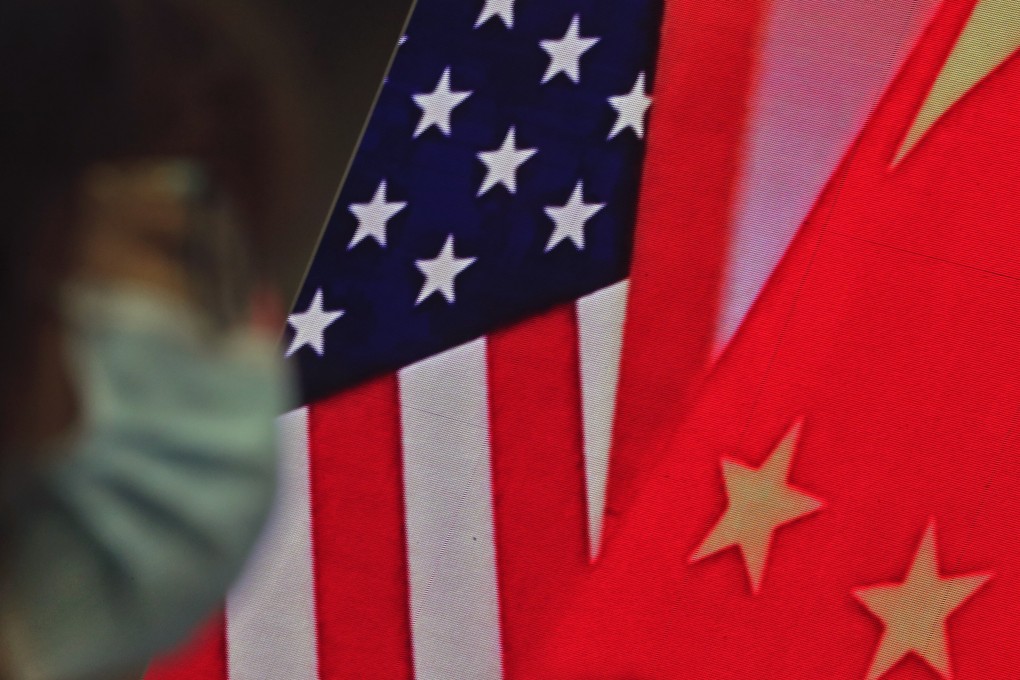Advertisement
China’s Xi says US businesses are welcome, but politicising bilateral economic issues is not
- As it adopts a more self-reliant dual-circulation economic strategy, Beijing also speaks of building a more market-oriented and law-based business environment
- Foreign business communities want China to loosen border controls to improve people-to-people exchanges, but Beijing has stuck with its zero-tolerance approach to the coronavirus
Reading Time:3 minutes
Why you can trust SCMP
8

Beijing has vowed to provide easier access for American businesspeople to come to China, as the nation works to restore and improve its economic and trade connections that have been strained by the pandemic and soured bilateral relations.
President Xi Jinping offered the vague olive branch during a four-hour virtual meeting with his US counterpart Joe Biden on Tuesday. Xi also proposed further cooperation on trade, but he warned against the “politicisation” of trade issues.
“We believe this [the fast-track mechanism] will further promote China-US economic and trade exchanges and support the recovery of both countries,” Xi was quoted by the official Xinhua News Agency as saying.
Advertisement
Tensions remain high between the world’s two largest economies due to a broad range of issues – high tariffs slapped on each other’s products, Huawei, Taiwan affairs and human rights in Xinjiang. However, they also shoulder the responsibility of jointly dealing with global issues such as the pandemic, climate change, inflation and a rollback of stimulus policies.
Meanwhile, the American business community, which established a huge presence in China over the past four decades, is in opposition to the US’s containment strategy brought by former US president Donald Trump.
Ker Gibbs, president of the American Chamber of Commerce in Shanghai, pointed out that the meaning of “fast-track” was not defined during the meeting of presidents, but he said that the main issues are quarantines and commercial flights.
Advertisement
Select Voice
Choose your listening speed
Get through articles 2x faster
1.25x
250 WPM
Slow
Average
Fast
1.25x